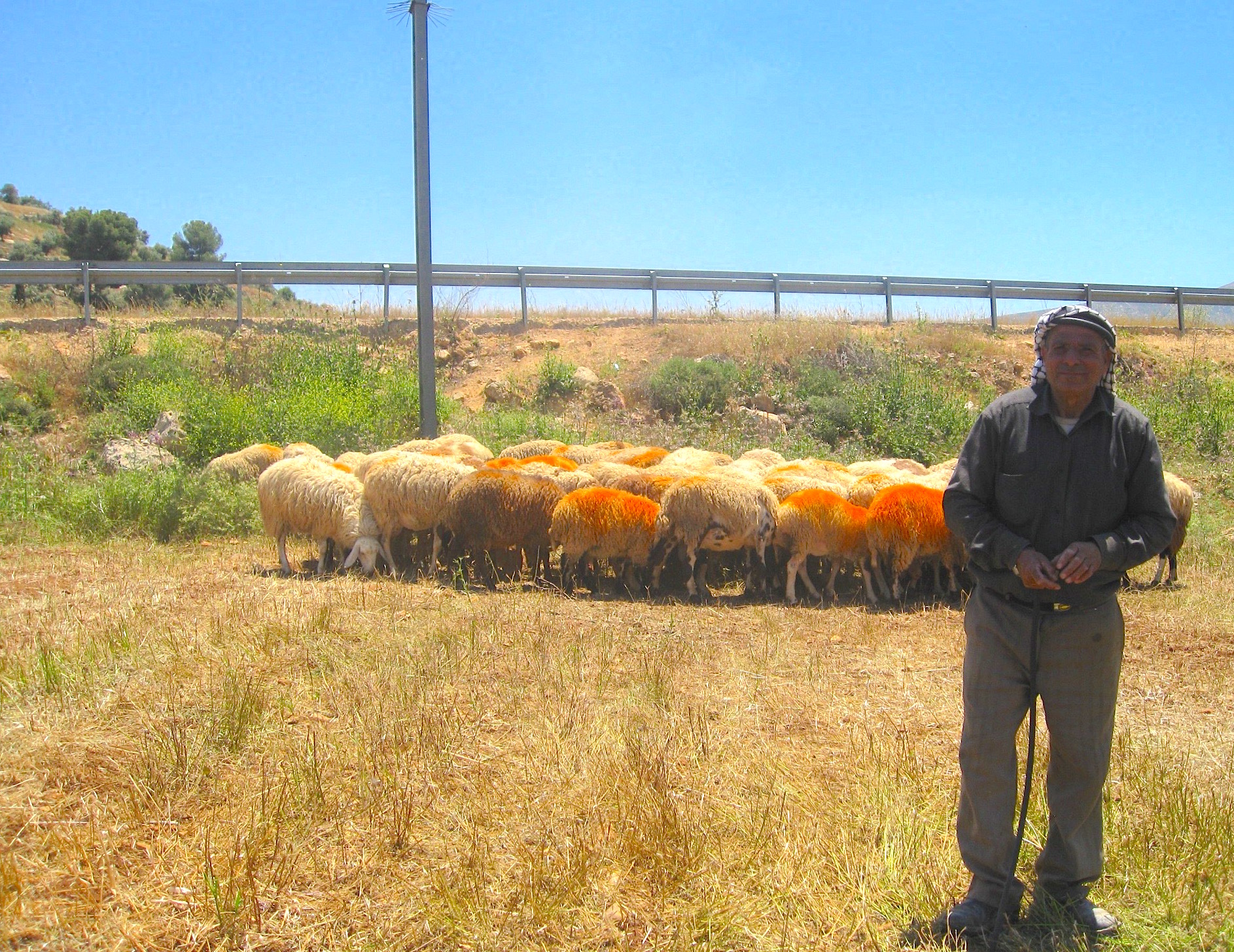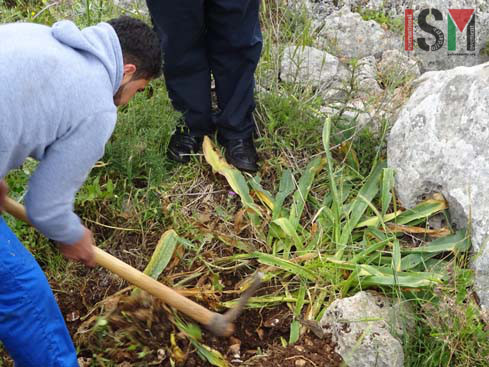Tag: Olive Trees
-
UPDATE: Shepherds in Salem
7th May 2015 | International Solidarity Movement, Huwarra Team | Salem, Occupied Palestine Update 14th May: The wheat is not ready for harvest yet. The call for people to help the shepherds and farmers on their land is postponed until next Friday 22nd and Saturday 23rd. Please come in numbers as the Israeli forces are making…
-
Successful olive tree planting action in Bruqin
4th April 2015 | International Solidarity Movement, Nablus Team | Salfit Region, Occupied Palestine On 4th April 2015 over 25 Palestinian activists from Bruqin and the surrounding area of Salfit region of the West Bank, gathered on top of a near by hill to plant roughly 30 olive saplings. The group were joined by international activists…
-
Big turn out and high spirits at Wadi Fukin Land Day olive tree planting and protest
31th March 2015 | International Solidarity Movement, al Khalil Team | Wadi Fukin, Occupied Palestine On Monday March 30th about two hundred people commemorated Land Day in the village of Wadi Fukin. The protest, which involved planting olive trees was a response to Israeli theft of village land. After midday prayer around two hundred Palestinians and internationals…



